As I embark on crafting this piece, federal interest rates find themselves at an unprecedented low. While the direct correlation between the federal funds rate and mortgage rates might not be crystal clear, the window of opportunity to secure a rate lower than your current mortgage rate is significant.
With these highly favorable rates, a myriad of individuals is contemplating the feasibility of refinancing their home loans. However, the decision to refinance is far from universal and hinges on various factors.
In certain scenarios, opting to refinance your home loan proves to be a prudent choice. On the flip side, for others, it might not align with their financial objectives. Dive into the details below to understand the intricacies of determining whether refinancing your personal mortgage is a wise decision.
Is Refinancing Your Mortgage the Right Move?
In the realm of interest rates, lower is indisputably better. However, if your decision to refinance hinges solely on securing a more favorable rate, you might be bypassing critical considerations.
Before reaching out to your chosen mortgage company, it’s imperative to ask yourself several key questions.
Is Your Credit Robust Enough for Qualification?
Embarking on your mortgage-shopping journey necessitates an honest evaluation of your credit. The trio of credit reports and scores wields considerable influence over your eligibility for a new mortgage. Should you qualify, your credit rating will inevitably impact the interest rate you secure. (Generally, a higher credit score translates to a lower interest rate.)
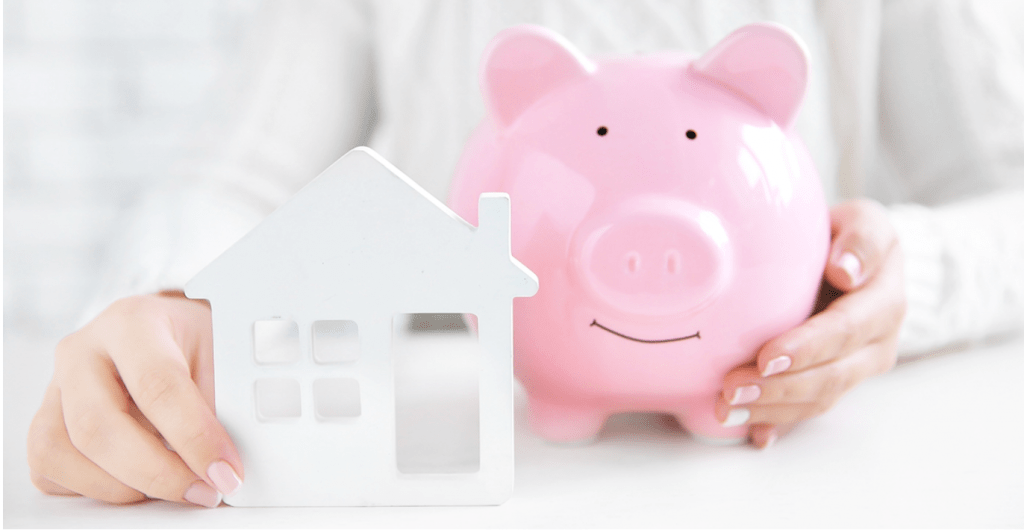
Obtain your three free credit reports annually from AnnualCreditReport.com. Additionally, several online platforms offer complimentary credit scores. Among my preferred resources are:
- Credit Karma: Dispenses free credit scores from TransUnion and Equifax (VantageScore 3.0).
- Experian: Presents free credit scores from Experian (FICO Score 8).
Should discrepancies surface, it might be worthwhile to channel efforts into credit improvement before diving into the loan application process. I understand firsthand the stress associated with credit challenges, but with a well-devised plan, turning the situation around is entirely conceivable.
Are Lower Interest Rates Accessible?
While a lower interest rate shouldn’t be the exclusive driver behind refinancing a home loan, it undoubtedly holds significance. Some industry professionals assert that a rate reduction of at least 1% deems refinancing worthwhile. Others posit that a 0.5% saving is sufficient to justify the decision. Given the multitude of opinions, it falls upon you to determine what aligns with your financial objectives.
Calculate the potential savings from a lower interest rate. Begin by perusing the latest mortgage rates on platforms such as LendingTree.
What Are the Costs Associated with Refinancing?
Initiating a new mortgage comes with a slate of costs, commonly referred to as closing costs. You can opt to pay them upfront, roll them into the loan, or opt for a “no-cost” loan with a slightly elevated interest rate. Regardless of the chosen avenue, these costs are unavoidable.
Refinancing costs may encompass:
- Appraisal fees
- Home inspection fees
- Application fees
- Attorney fees
- Loan origination fees
- Mortgage insurance fees
- Title insurance fees (both owner and lender)
- Prepaid homeowner association fees
Typically, when refinancing a home loan, you can anticipate paying 2%–3% of the loan amount. Hence, if refinancing a $200,000 mortgage, the common cost range hovers between $4,000 and $6,000. (Note that some lenders charge fees above the average.)
Armed with knowledge about refinancing costs, you can evaluate whether the lower interest rate justifies these expenses.

How Long Do You Envisage Residing in the House?
Time to factor in your envisioned duration of residence in the house. Whether you plan to relocate in the near future or establish long-term roots becomes a pivotal element in determining the viability of refinancing your home loan.
Consider this scenario: You acquired a home two years ago, securing a $300,000, 30-year fixed-rate mortgage at 5.5%. Opting to refinance to a new 30-year fixed-rate mortgage at 4%, you find yourself facing $7,500 in closing costs.
In this context, it would take slightly over two years to reach the “break-even” point of the new loan. By this juncture, the cumulative savings from lower monthly payments would offset the $7,500 spent on refinancing costs. Post this point, the savings would continue to accrue.
Conversely, if you plan to sell the house within 12 months, the aforementioned refinancing scenario doesn’t financially add up. In this case, you’d only accumulate savings of $3,708 (309 dollars X 12 months), insufficient to counterbalance the refinancing costs.
Crunch the numbers to pinpoint the break-even point of the new loan and ascertain whether refinancing your home loan is a judicious move.
In conclusion, while the allure of record-low interest rates presents an enticing prospect to refinance your mortgage, it’s imperative to delve into various considerations before making a decision. Take into account your creditworthiness, potential savings from lower rates, refinancing costs, and your intended duration of stay in the house. Armed with this comprehensive insight, you can make an astute decision regarding whether refinancing aligns with your financial objectives.
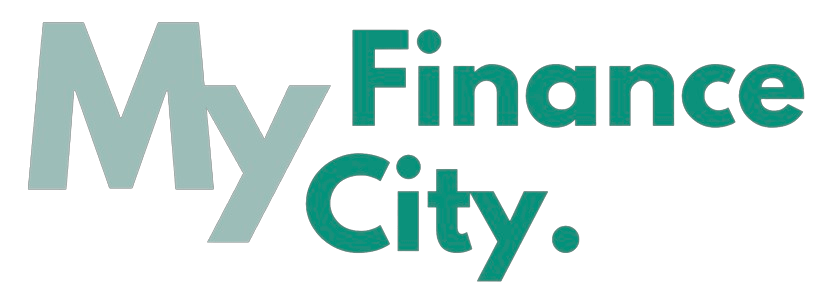


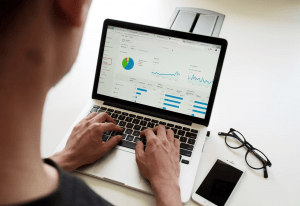



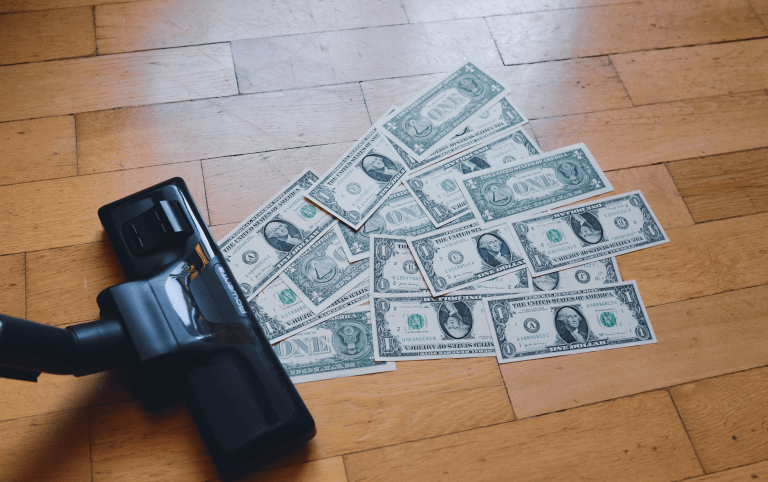
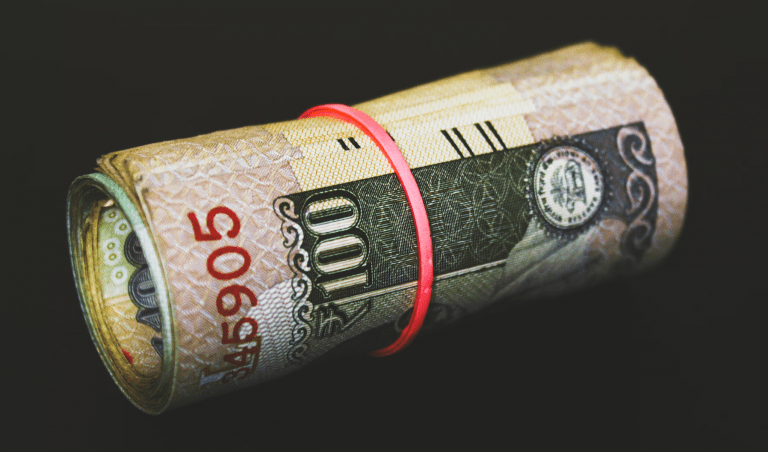


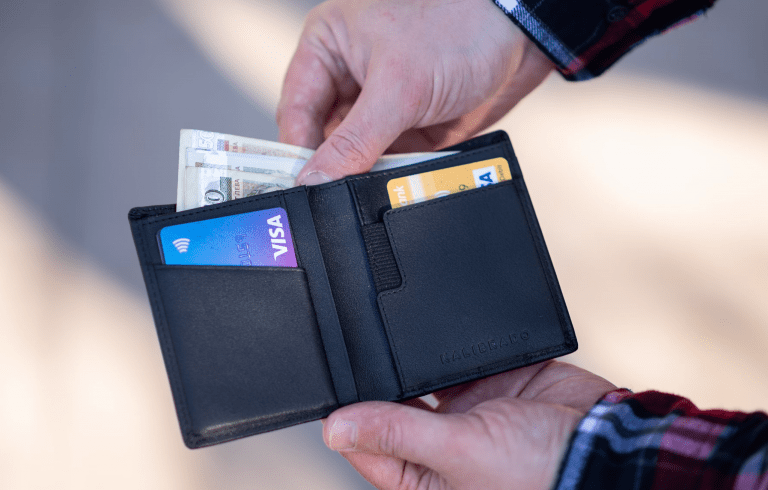

+ There are no comments
Add yours